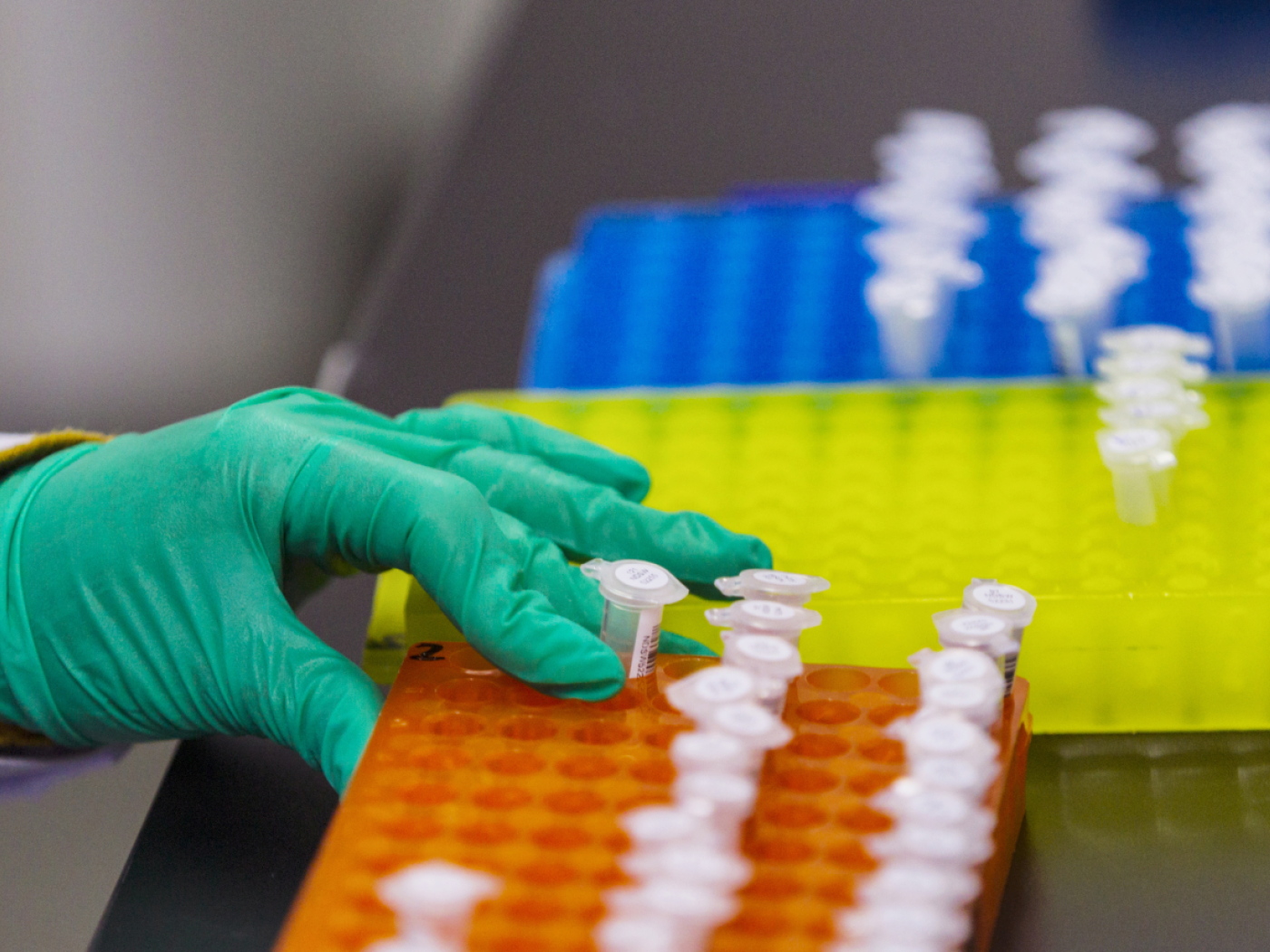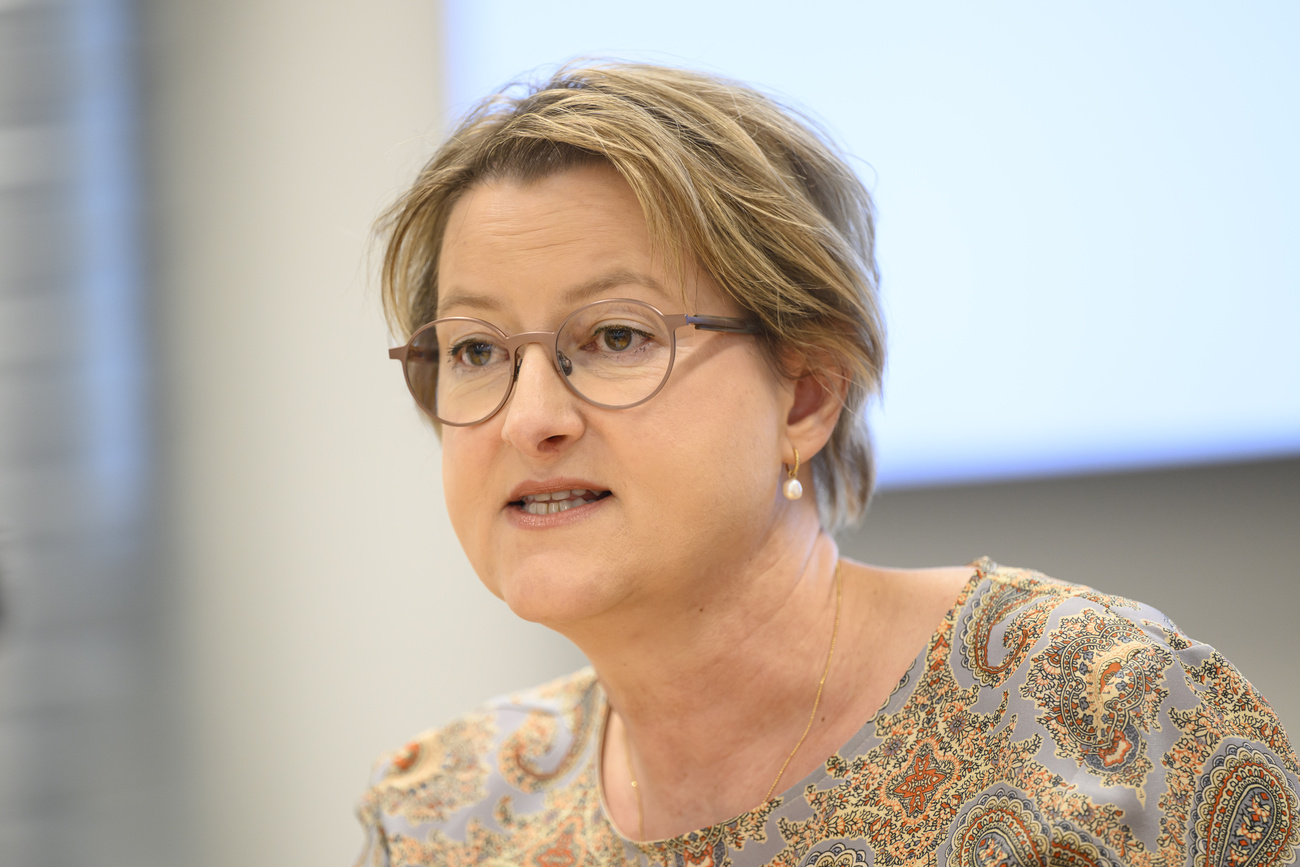
Swiss researchers find unwanted CRISPR side effects

Under certain circumstances, the targeted correction of faulty sections in the genome can trigger new genetic defects. This was reported by a team from the University of Zurich (UZH) in the case of the rare hereditary disease chronic granulomatosis.
+ Get the most important news from Switzerland in your inbox
This affects around one in 120,000 people, the University of Zurich announced on Wednesday. The disease impairs the immune system and makes those affected susceptible to serious and life-threatening illnesses. Two letters are missing in the DNA sequence of a gene, which means that an enzyme complex that plays an important role in the defense against bacteria is not produced.
+ Is Switzerland ready for gene-edited crops?
In an experiment on a cell culture of immune cells with the same defects as humans, the researchers succeeded in inserting the missing letters at the correct position in the gene using the CRISPR system. However, entire sections of the chromosome in which the repair took place were missing, as the UZH wrote.
The gene scissors occasionally cut the DNA strand in several places on the chromosome. When these cuts are rejoined, entire sections may be incorrectly arranged or missing. This could have unforeseeable medical consequences and, in the worst case, could also contribute to the development of blood cancer.
The research team tested a number of alternative approaches, but was unable to completely prevent the undesirable side effects with any of these measures.
More
Translated from German by DeepL/mga
This news story has been written and carefully fact-checked by an external editorial team. At SWI swissinfo.ch we select the most relevant news for an international audience and use automatic translation tools such as DeepL to translate it into English. Providing you with automatically translated news gives us the time to write more in-depth articles.
If you want to know more about how we work, have a look here, if you want to learn more about how we use technology, click here, and if you have feedback on this news story please write to english@swissinfo.ch.

In compliance with the JTI standards
More: SWI swissinfo.ch certified by the Journalism Trust Initiative































You can find an overview of ongoing debates with our journalists here . Please join us!
If you want to start a conversation about a topic raised in this article or want to report factual errors, email us at english@swissinfo.ch.